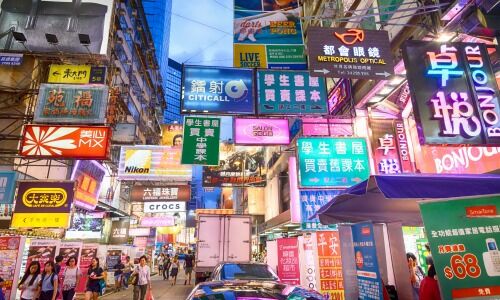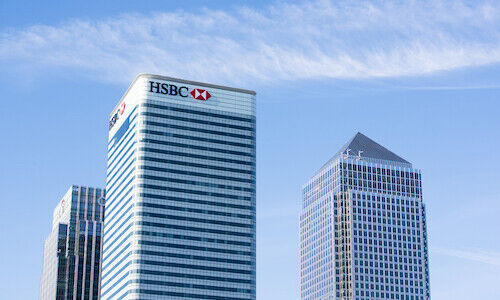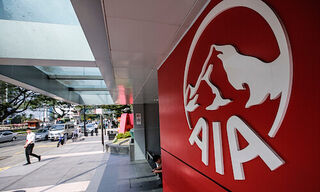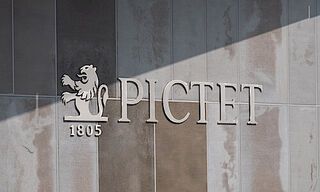Toilet paper appears to be the most wanted commodity in Hong Kong after armed robbers took hundreds of toilet rolls on Monday, as residents race to stock up necessities caused by coronavirus panic-buying.
Police are on the hunt for three toilet paper robbers who held up a truck carrying the supplies outside a supermarket in Mong Kok. The working-class district, which is popular amongst tourists, has a history of organized crime gangs.
«A delivery man was threatened by three knife-wielding men who took toilet paper worth more than HK$1,000 (S$249),» said a police spokesman, who was quoted by newswire AFP. Footage from NowTV (behind paywall) showed police investigators standing around multiple crates of toilet roll outside a Wellcome supermarket, with one of the crates only half stacked.
Hot Property
Toilet rolls have become hot property in two of Asia's financial hub - Singapore and Hong Kong, despite both governments' assurances that supplies are sufficient post the virus outbreak. Supermarkets in both countries have found themselves unable to restock quickly enough, leading to empty shelves and caps on purchases. Besides toilet rolls and masks, there has been a run on staples like rice and pasta, as well as hand sanitizer and other cleaning items.
One possible reason for the stock-up on toilet paper is the belief that toilet paper can also act as temporary masks, given the shortage in the latter. Vietnam authorities have seized over 20,000 masks from a company using toilet paper to produce face masks amid rising demand due to the virus outbreak, according to «Hanoi Times». Toilet paper was being used to replace the antibacterial layer typically used in masks.
Hysteria From Previous Incidents
The hysteria that has swept through Hong Kong since the coronavirus spread through mainland China is partly fuelled by the city's tragic recent history of confronting a deadly disease.
In 2003, 299 Hong Kongers died of Severe Acute Respiratory Syndrome (Sars), an outbreak that began on the mainland but was initially covered up by Beijing. The decision could have left a legacy of distrust towards the authorities on public health issues.


























